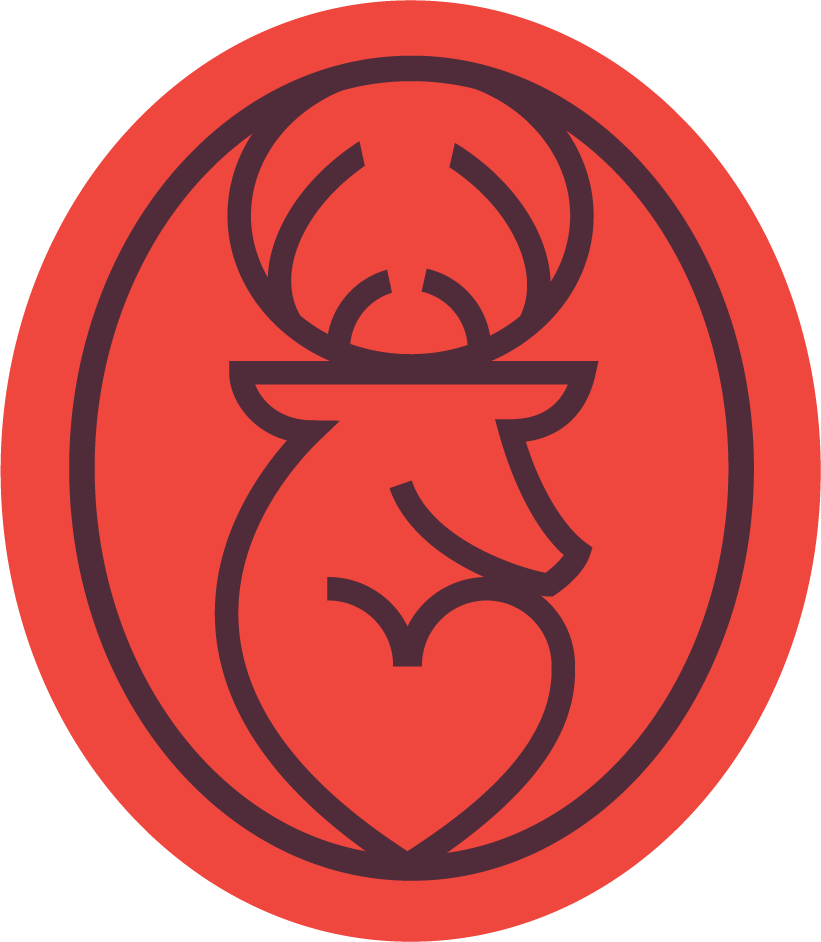4 Ways Your Hardships Can Empower You (without defining you)
My mother was mentally ill. Then she had Alzheimer's. For many years, I defined myself as "the daughter of..."
My son was addicted to drugs; everyday I feared for his life. For a time, my entire identity was "the mother of an addict."
My brother has a major neurocognitive disorder. I am solely responsible for his financial affairs, help him wend his way through a maddeningly complex disability system.
Some days I catch myself feeling burdened by the the caregiver role. But then I remind myself: these roles -- daughter, mother, sister -- to people with disabilities do not make me good. They do not make me deserving or worthy. I am not a victim. I choose to take on these responsibilities. I am not the martyr.
It took years of Al-Anon, therapy and life coaching to help me gain the courage to choose my acts of service, rather than feel put upon. I am grateful that I have the mental health and well-being to be of service for the people with whom I've been put on the planet. These experiences and relationships have opened my heart, made me curious and non-judgmental about all that people may be struggling with.
Here's how you can use your hardships to empower you, not define you:
Compassion. Let your struggles and challenges serve to deepen your compassion. Notice your judgments and remember: If it isn't you, it could be. We are all part of the human tribe.
Belief. Believe we can all become better humans not despite our challenges, but because of them. This does not mean that we NEED personal challenges to be worthy of great accomplishments. But if personal challenges are part of your story, integrate them -- don't isolate them into a secret, shame-filled box. Anyone can change their lives for the better.
Gratitude. Practice gratitude for each of your hardships; each struggle, each "failed" relationship. For me, the terrifying times when my children were headed toward danger from which I could not protect them, my mother's mental illness and Alzheimer's, have left me feeling less burdened than grateful. Be grateful for your mental, physical and spiritual health.
Behavior, not identity. You are not your struggles, your troubled childhood, or bad relationships. Don't let your hardships define you. They are part of you, helped shape you, strengthen you and yes, hurt you. But these are just part of what makes you uniquely you. You are unique, like no other. Feel your pain, grieve your losses and move forward, embracing your strengths.
What are you choosing? Are you letting your hardship story define you? Or is that story serving to deepen your compassion and widen your world view?
I learned to "accept the things I cannot change" and "the courage to change the things I can." The only thing I am truly responsible for is my own behavior and attitude toward the people, places and things in my life. Every time I have the impulse to fix or save the people around me, or feel self-pity or frustration, I asked myself, how am I looking at this?
Still, I am human. Some days my choice to be my brother's keeper feels like a burden. Other days it feels like a dark comedy. But at the end of the day, I cannot live with the alternative: losing my brother to the streets.
Your hardships and challenges do not make you worthy.
They do not make you good.
They do not make you deserving.
But your hard times just might help you be less judgmental, more curious and find more energy to be of service.
